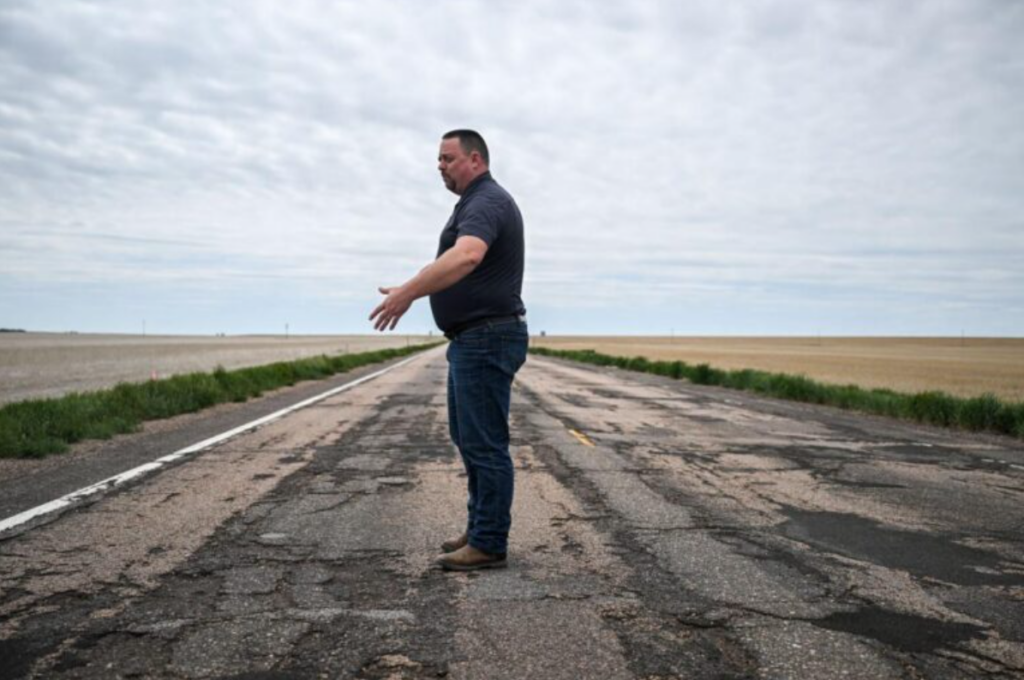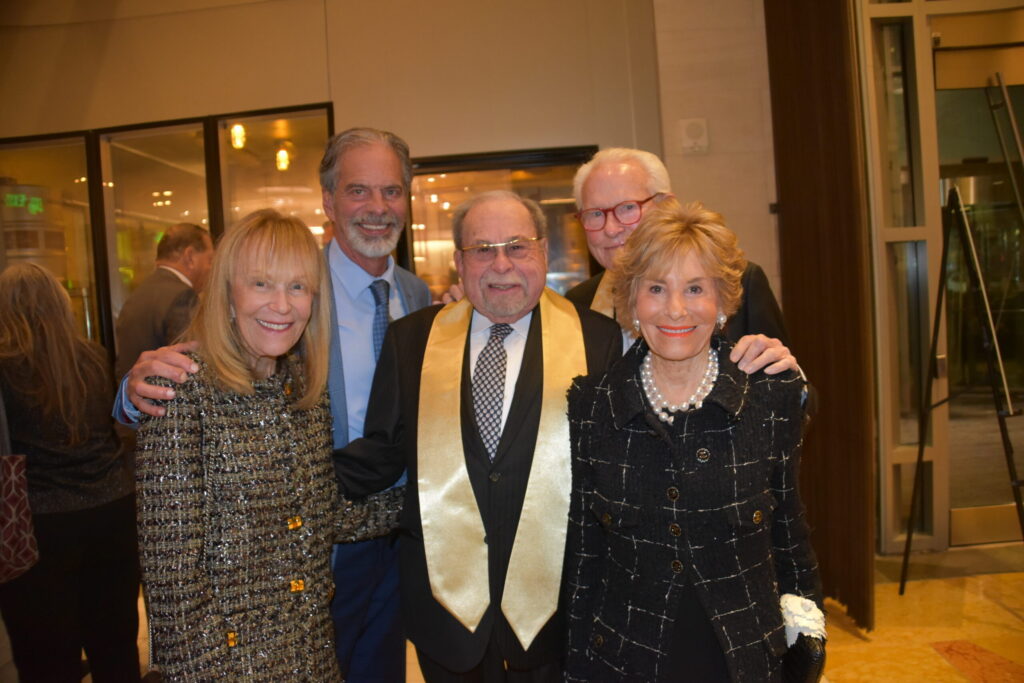TABOR at 30: Colorado’s salvation or doom | SONDERMANN

Colorado’s Taxpayer Bill of Rights, or TABOR for short, has now reached full-fledged adult status, having been part of the State Constitution for 30 years.
Time goes by. Many of us of some gray hairs recall the shock of TABOR’s 1992 passage. Three decades later, it is as much a part of the Colorado landscape as Pikes Peak or the Flatirons.
Moreover, a huge chunk of the nearly six million who today call Colorado home have known nothing other than TABOR, having either grown up with it or moved to our fair state since.
Two of those who are now the leading protagonists for and against these fiscal strictures came to Colorado and political maturity in the TABOR era. Among those leading the fight to protect TABOR and even build upon it is Michael Fields, now head of the conservative advocacy group, Advance Colorado. On the other side, Scott Wasserman leads the progressive Bell Policy Center which endeavors to narrow or reform TABOR.
For any readers who just arrived here on the latest train, TABOR is a restraint on the size of government both in requiring voter approval of any tax increases and in tying the expansion of overall tax revenue to inflation and population growth.
Courtesy of the book-smart, if personally repellant Douglas Bruce, TABOR’s author and godfather, the amendment has plenty of intricate details going far beyond the enticing come-on of empowering voters to give a thumbs-up or down to tax increases.
For Fields and his cohorts, TABOR has been a salvation, protecting Colorado taxpayers from the excesses of various high-tax states. For Wasserman and others of like mind, TABOR has been our undoing, crippling government’s ability to provide services and infrastructure to keep up with rapid growth.
It is now a perpetual battle, and one that shows no sign of abating or reaching a permanent resolution anytime soon.
Fields, the staunch TABOR defender, points to a disconnect in that TABOR is more popular than ever, at least in his estimation, while having lost some of its effectiveness.
Specifically, he cites the far-from-token $750 per person refunds that Coloradans received this past year as adding to TABOR’s popularity. In his view, the fact that countless Democratic legislators along with Gov. Polis, many of them leading TABOR detractors, jumped on board the refund bandwagon speaks to public support.
On the flip side, Fields points to a slew of Colorado court rulings along with the ever-increasing adoption of fees as opposed to taxes as mitigating some of TABOR’s intended impact.
Asked to look into a crystal ball as to what becomes of TABOR in the next decade, Fields contends it is more likely to be strengthened that emasculated. He raises the possibility of a “TABOR 2.0” ballot measure to stipulate that fee increases are a revenue source subject to TABOR provisions.
Fields also foresees further reductions to the state’s income tax rate. He was a principal voice behind the successive, successful campaigns reduce the rate from 4.65 percent to 4.5 and then to 4.4 percent. He and his allies are far from done.
Needless to say, the Bell’s Wasserman sees things differently.
While he was neither a Colorado resident or even of age 30 years ago, he contends that voters did not fully understand all that they were buying under the TABOR label. In his words, “The superficially thin title masked just how twisted TABOR is.”
Not one to pull his punches, Wasserman says of TABOR’s instigators, “The job of the arsonist is always easier than that of the builder.” He argues that TABOR has forced legislators and voters as well into all manner of work-arounds whether in the form of excessive fondness for easy-to-pass sin taxes or turning to a hodgepodge of fees to fund basic public functions.
He further makes the case that TABOR has contributed to the growing wealth divide by blocking the imposition of more progressive taxes and disproportionately benefitting those higher on the income ladder.
Unlike some true believers in his ranks, Wasserman does not envision the wholesale repeal of TABOR. But he is not short of plans to chip away at it.
He conceives of amendments to TABOR than would keep in place the core of voting on tax increases, while enabling a progressive income tax, a real estate transfer tax, and perhaps a so-called “luxury” tax on high-value second homes.
On at least one piece, Wasserman and Fields agree, at least in part. I asked each to reflect on the seeming dissonance of a state now solidly in the blue camp continuing to embrace this small-government, taxpayer protection.
Fields see TABOR as a factor propelling the blue ascendancy by providing the “backstop” or “speed bump” that is a safeguard against the inclination of Democrats to expand government. Wasserman takes a different tack but notes that TABOR shields legislators, including Democratic majorities, from having to make tough fiscal choices.
My own history with TABOR is a long one. As a young consultant, I directed winning campaigns against predecessor proposals in 1986, 1988 and 1990.
When 1992 rolled around, the anti-tax pressure cooker was hissing. Recall that this was the year of Ross Perot and his simplistic charts of how easy it would be to tame the government beast. Douglas Bruce was nothing if not persistent. Those opposing him needed a strikeout every time while he needed just a single hit.
Accordingly, I counseled some manner of minor accommodation and backing away from never-ending, all-or-nothing battles. For this advice, I was accused by anti-Bruce interests of appeasement. They had their way; Bruce got his base hit that November; and the rest is history.
At its core, this remains a debate between representative government and direct democracy. Believers in the former view TABOR as an impingement on the ability of legislators to make spending and revenue decisions. Those with more populist affinity for the latter trust voters as the ultimate shot-callers.
This I know with an eye toward TABOR’s future: Legislators are not known to voluntarily relinquish power. Then again, neither are voters.
Eric Sondermann is a Colorado-based independent political commentator. He writes regularly for Colorado Politics and the Gazette newspapers. Reach him at?EWS@EricSondermann.com; follow him at @EricSondermann















